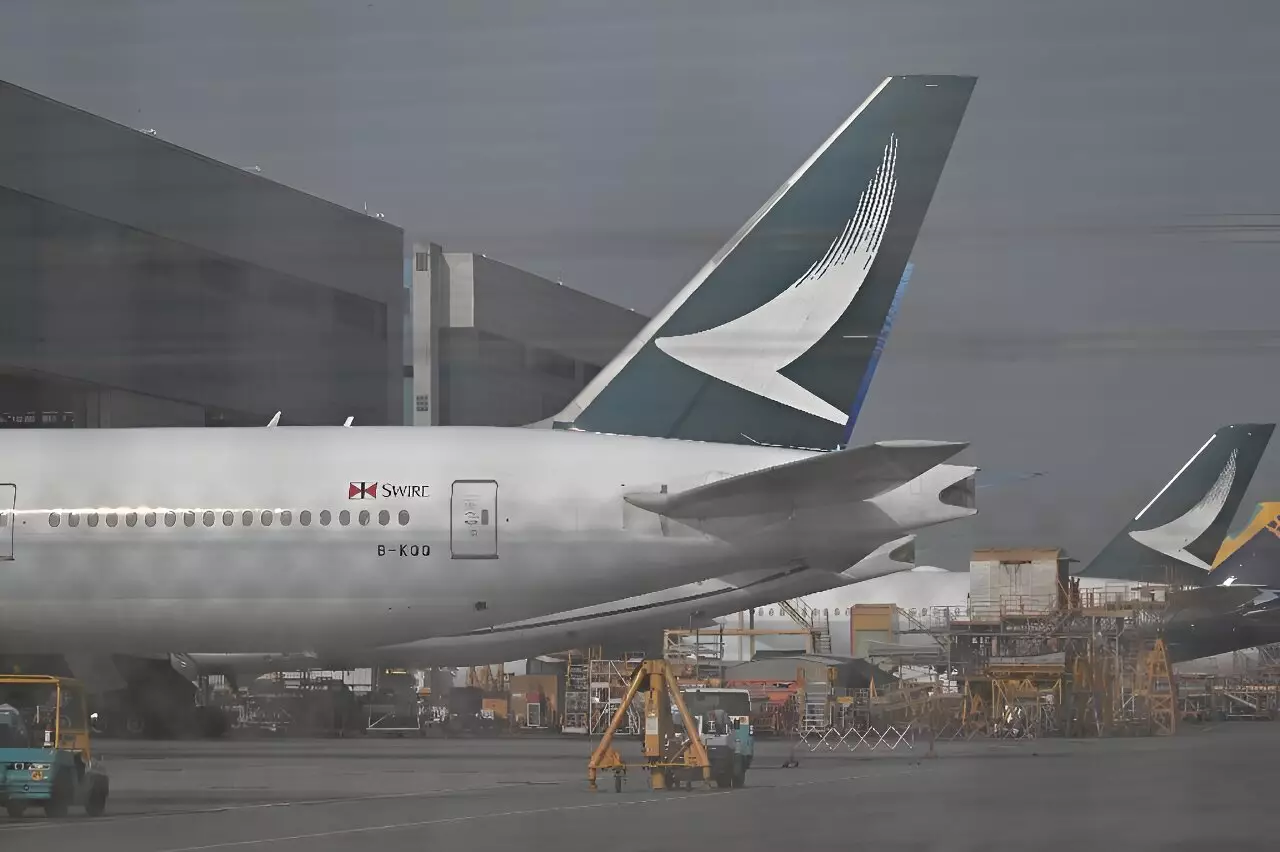In response to an engine fire incident on a Cathay Pacific flight, Europe’s aviation safety agency has mandated inspections on part of the Airbus A350 fleet. Rolls-Royce, the engine manufacturer, has confirmed the launch of a one-time precautionary engine inspection program in coordination with the European Union Aviation Safety Agency (EASA).
The incident involved an A350-1000 aircraft suffering an engine failure due to a high-pressure fuel hose issue. The EASA stated that there was an in-flight engine fire shortly after take-off, which was promptly detected and extinguished. The situation is currently under investigation by the Air Accident Investigation Authority of Hong Kong (AAIA).
The EASA has mandated inspections for A350-1000s powered by XWB-97 engines. This directive affects 86 planes in service globally. The inspections are aimed at checking for damage in fuel hose connections inside engines and must be carried out within the next 3-30 days. The agency emphasized that this action is a precautionary measure to ensure aviation safety.
Following the Cathay incident, airlines in the region operating A350-900 and A350-1000 models are conducting similar checks on their aircraft. Rolls-Royce has communicated to airlines that only A350-1000s powered by XWB-97 engines are susceptible to the identified problem.
Airbus, as the manufacturer of the A350, is yet to provide a response regarding the mandated inspections.
The Airbus A350 is a widely popular long-haul jetliner, with the A350-1000 being the largest version capable of carrying nearly 500 passengers. Designed as a competitor to Boeing’s 787 Dreamliner, over 1,300 A350s have been ordered, with 613 already delivered to airlines globally. The A350-1000 model can cover more than 16,000 kilometers in a single trip, demonstrating its long-haul capabilities.
In light of the mandated inspections, airlines like Cathay Pacific have grounded planes for necessary checks, causing disruptions in operations. For instance, Cathay had to cancel 90 flights and aims to resume full operations soon after conducting the required inspections and maintenance. The incident has raised concerns about the durability and performance of the Rolls-Royce Trent XWB-97 engines.
The aviation industry has observed a ripple effect from the incident, impacting the stock performance of Airbus and Rolls-Royce. Shares in both companies experienced a decline following the news, with investors closely monitoring the situation. The broader market indices also showed a slight dip as a result of the concerns raised by the engine fire incident.
The mandated inspections by the EASA underscore the importance of proactive measures to ensure aircraft safety and prevent potential incidents. The collaborative efforts between regulatory authorities, engine manufacturers, and airlines are crucial in upholding the highest safety standards in the aviation industry. As technology advances and aircraft capabilities expand, continuous vigilance and maintenance protocols are essential to safeguard passengers and crew during air travel.


Leave a Reply